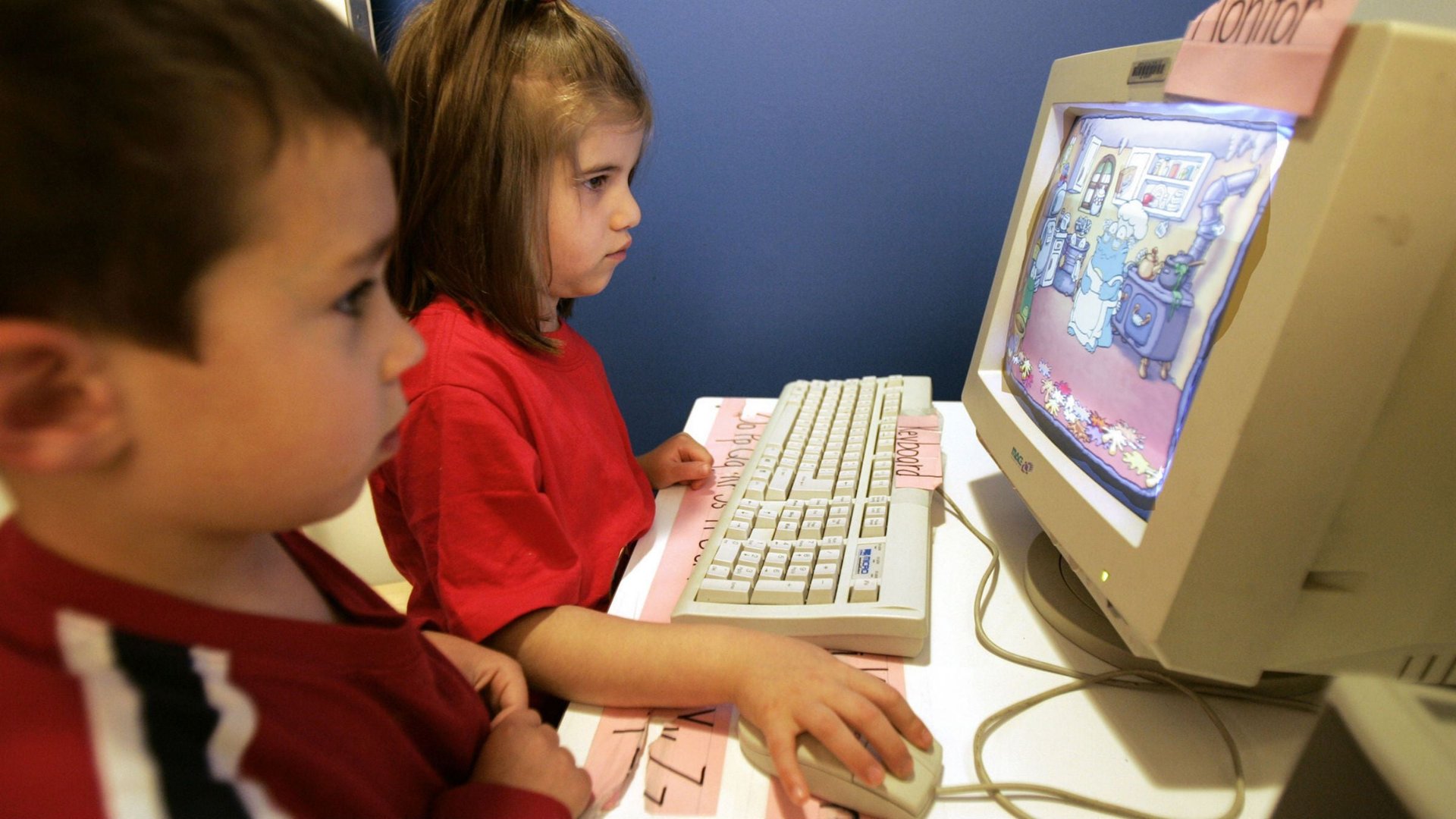How we raised 12 kids safely while giving them total access to the internet
My wife and I have developed an open approach to raising children. As a result, the rise of the internet, Facebook, Twitter, etc. has been especially interesting. It has worked well for us. We have no restrictions on content built into any of the devices or websites. Instead, here are the rules that we have imposed:


My wife and I have developed an open approach to raising children. As a result, the rise of the internet, Facebook, Twitter, etc. has been especially interesting. It has worked well for us. We have no restrictions on content built into any of the devices or websites. Instead, here are the rules that we have imposed:
- We require that we, as parents, have full access to all the “logins” the children use. Often, we allow the children to use our login and password.
- All computers are allowed only in open spaces with the monitors facing out to anyone in the house.
- No computers, portable computers, tablets, or smart phones are allowed to be in the bedrooms. They all must be used in the open spaces of the house.
- The children know that as parents, we will randomly log on to their account to see what they have been doing or looking at.
- If the children erase the history, hide or set up their own accounts, then they lose the device.
- We teach the children that there are bad things on these devices and they should delete them immediately.
- We teach the children what is meant by “bad” things: pornography, graphic violence, pictures inappropriate for our children, older people trying to meet younger kids, computer viruses, malware, financial scams, phishing scams to get parents information, identity theft. And all these would be in the subjective opinion of parents, but we found that children seem universally be appalled by some images, stories, and stuff. They somehow have a built in knowledge of what is decent and what is indecent. How often have you heard a young child go, “Ewwww, I don’t like that!”
- When they first start out (4 to 5 years old), we create a separate partition on the computer for them. Then if they download a virus, malware, or other nasty stuff (which always happens), it can only corrupt their partition and not our entire system. We have them help clean up the mess on their partition so they learn what a problem it is for them to click on unknown sites.
- We try to do as much homework on the computer as possible. There are some side effects to this we did not expect. When our youngest was 21 and in a foreign country, my wife sent him a handwritten letter in cursive. He could not read it. He asked that we send him an e-mail instead. He also cannot write in cursive, but only in block letters. He can type at over 80 words a minute. Is this good or bad? Not sure. In his lifetime, he may never need to use cursive writing.
We welcome your comments at [email protected].